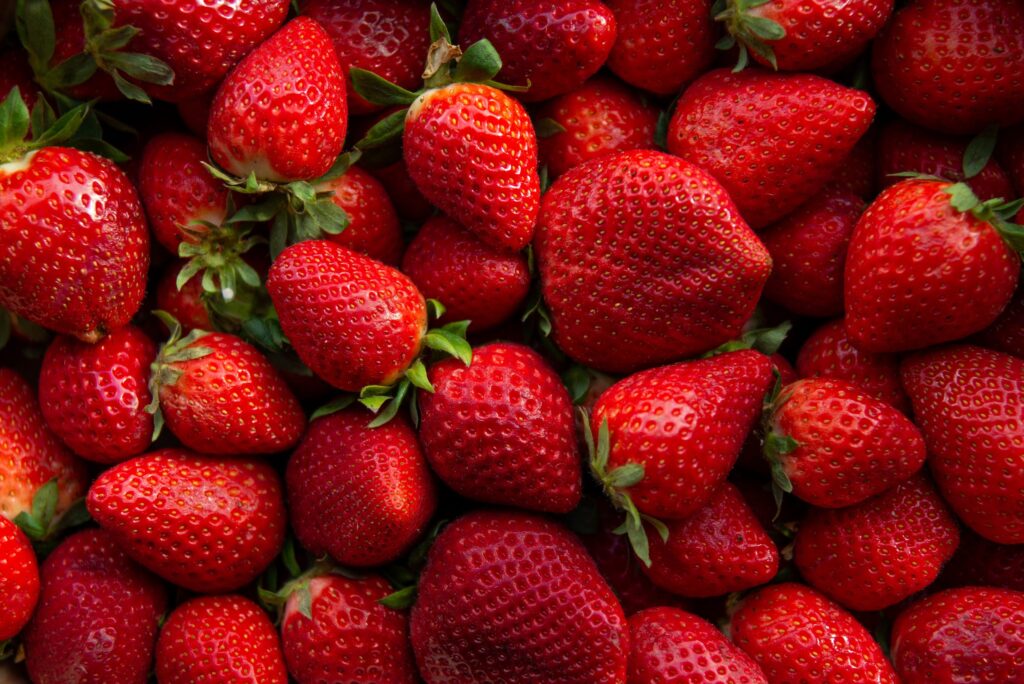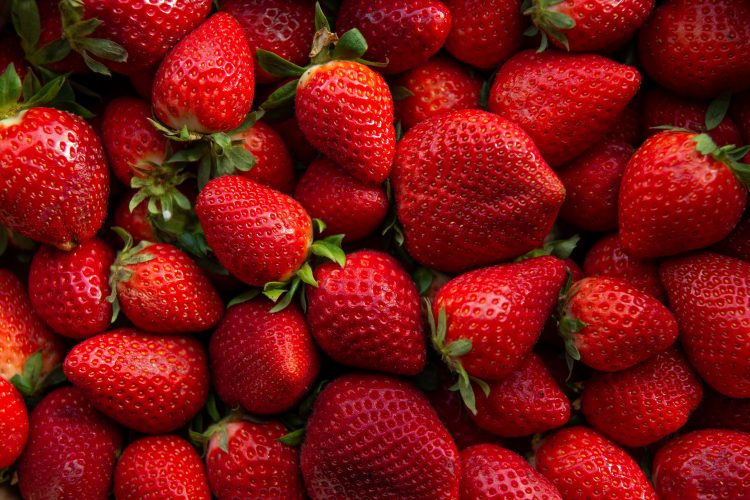Strawberry shortage looms due to global warming, researchers warn

Climate change could lead to a 40 percent drop in strawberry yields, making the fruit scarcer and more expensive, according to latest research.


University of Waterloo researchers have warned that strawberries could be “fewer and more expensive because of higher temperatures caused by climate change”.
To carry out the study, researchers used a new method of analysis observe that a rise in temperature of 3 degrees Fahrenheit could reduce strawberry yields by up to 40 percent. The research was published in the journal Sustainability, with the title: “Influence of Regional Temperature Anomalies on Strawberry Yield: A Study Using Multivariate Copula Analysis”.
Strawberries are a highly valuable commodity for California and the US economies, with the 2022 market exceeding US$3 billion.
“This research shows how climate change can directly impact the foods we love, emphasizing the importance of sustainable farming practices to maintain a stable food supply for everyone,” commented Dr. Poornima Unnikrishnan, a postdoctoral fellow in the Department of Systems Design Engineering at Waterloo.
Sustainable farming practices may involve optimising irrigation to maintain water supply during heatwaves, using drip irrigation, scheduling operations to avoid peak hot weather, and implementing shading plants and structures to reduce heat stress.
Carrying out the research were academics including Unnikrishnan, Dr. Kumaraswamy Ponnambalam, who is also from Systems Design Engineering at Waterloo, and Dr. Fakhri Karray, from the Mohamed bin Zayed University of Artificial Intelligence in Abu Dhabi.
But why study strawberries? According o the team they wanted to analyse this fruit due to its popularity and “notoriously short shelf life”.
Overall, the findings of the study suggest potential implications for the availability of all produce imported from California, the researchers explained.
The researchers employed a model that predicts the probability of yield loss by correlating air temperature anomalies with strawberry yields. This approach enabled the measurement of greater variability over time, resulting in the most accurate findings to date.
“We hope the better understanding of the influence of rising temperatures on crop yield will help in the development of sustainable agriculture responses from the government and farmers. There is an urgent need for farmers to adopt new strategies to cope with global warming,” added Ponnambalam.
Source: newfoodmagazine.com

